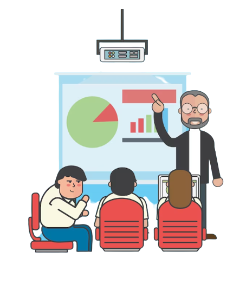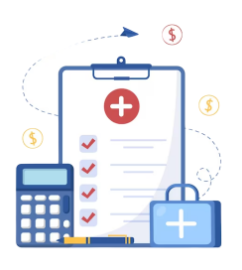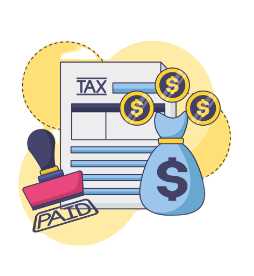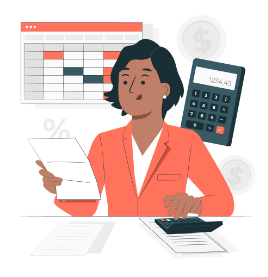Tax Reform
The IRS is working on implementing the Tax Cuts and Jobs Act. This new law includes major tax legislation that will affect both individuals and businesses. Check the Tax Reform page for the latest updates.
Tax Withholding
The Tax Cuts and Jobs Act changed the way tax is calculated. The IRS encourages taxpayers to perform a quick “paycheck checkup” by using the Withholding Calculator to check if they have the right amount of withholding for their personal situation.
Consumer Alerts on Tax Scams
Note that the IRS will never:
Call to demand immediate payment using a specific payment method such as a prepaid debit card, gift card or wire transfer. Generally, the IRS will first mail you a bill if you owe any taxes.
Threaten to immediately bring in local police or other law-enforcement groups to have you arrested for not paying.
Demand that you pay taxes without giving you the opportunity to question or appeal the amount they say you owe.
Ask for credit or debit card numbers over the phone.
For more information on tax scams, please see Tax Scams/Consumer Alerts. For more information on phishing scams, please see Suspicious e-mails and Identity Theft.
Tax Relief in Disaster Situations
The IRS extended deadlines that apply to filing returns, paying taxes, and performing certain other time-sensitive acts for certain taxpayers affected by Hurricane Florence. The federally declared disaster areas include hurricane victims in certain counties in North Carolina and South Carolina. The extension applies to deadlines - either an original or extended due date - that occurred on or after Sept. 7, 2018 and before Jan. 31, 2019.
The IRS often updates its information on disaster relief efforts. For the latest news, check the See the IRS disaster relief page frequently.
Is it Really the IRS Calling?
The IRS wants you to understand how and when we contact taxpayers and help you determine whether a contact you may have received is truly from an IRS employee.
The IRS initiates most contacts through regular mail delivered by the United States Postal Service.
However, there are special circumstances in which the IRS will call or come to a home or business, such as when a taxpayer has an overdue tax bill, to secure a delinquent tax return or a delinquent employment tax payment, or to tour a business as part of an audit or during criminal investigations.
See: How to know it’s really the IRS calling or knocking on your door for more information.
Private Debt Collection
The IRS began a new private collection program of certain overdue federal tax debts selecting four contractors to implement it. The groups are: CBE Group of Cedar Falls, Iowa; Conserve of Fairport, N.Y.; Performant of Livermore, Calif.; and Pioneer of Horseheads, N.Y. The taxpayer’s account will only be assigned to one of these agencies, never to all four. No other private group is authorized to represent the IRS.
The IRS will always notify a taxpayer before transferring their account to a private collection agency (PCA). The IRS will send a letter to the taxpayer and their tax representative informing them that their account is being assigned to a PCA and giving the name and contact information for the PCA. This mailing will include a copy of Publication 4518, What You Can Expect When the IRS Assigns Your Account to a Private Collection Agency.
Foreign Account Tax Compliance Act
FATCA refers to the Foreign Account Tax Compliance Act that requires reporting on specified foreign accounts by U.S. taxpayers and foreign financial institutions. In general, federal law requires U.S. citizens to report worldwide income, including income from foreign trusts and foreign bank and securities accounts.








